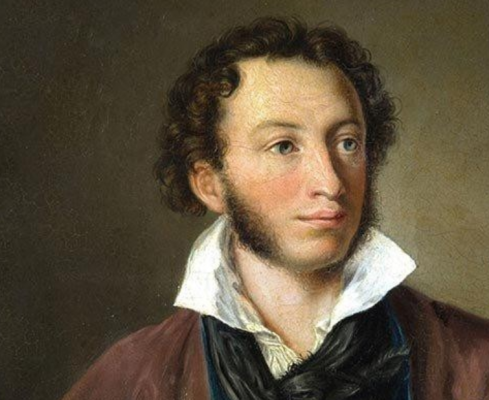Alexander Sergeyevich Pushkin (1799–1837) was a Russian poet, novelist, and playwright, often hailed as the father of modern Russian literature. Born into a noble family in Moscow, Pushkin displayed a gift for writing from an early age and published his first major works as a teenager. His poetry combined classical European traditions with uniquely Russian themes, creating a new literary language that resonated deeply with readers of his time.
Throughout his career, Pushkin produced masterpieces that continue to define Russian literature, including the novel in verse Eugene Onegin, the historical drama Boris Godunov, and celebrated short stories like The Queen of Spades. He also wrote lyrical poetry, fairy tales, and political works that captured the complexities of Russian society. His writing influenced not only literature but also music, opera, and visual arts, as many composers and artists adapted his works into their creations.
Pushkin’s life was as dramatic as his art. He often clashed with authorities over his liberal ideas, faced censorship, and lived under constant surveillance. His passionate temperament led to numerous duels, one of which tragically ended his life at the age of 37. Despite his short life, Pushkin’s legacy endures as a cornerstone of Russian culture, and he remains celebrated worldwide as a genius who gave voice to a nation’s spirit.


